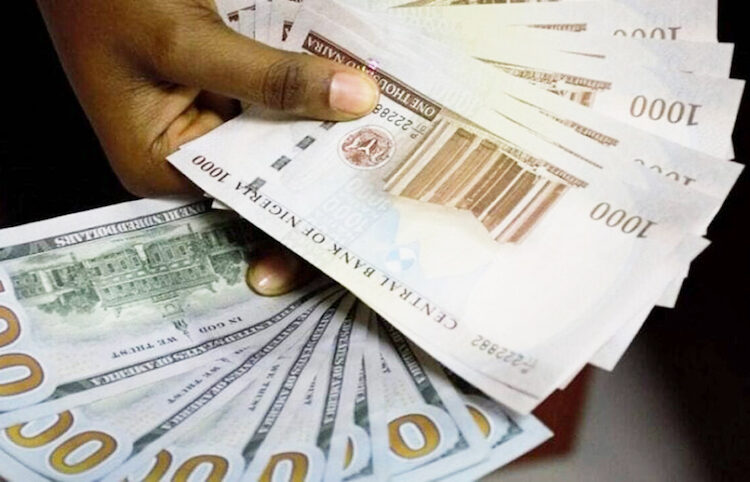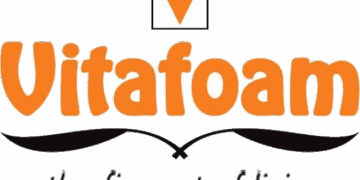Nigeria’s foreign exchange market witnessed a strong rebound in October as total dollar inflows surged by 62.2 per cent month-on-month to $5.15 billion, the highest level in five months, according to data from FMDQ, reflecting renewed confidence from both foreign and domestic investors amid improving market sentiment and a more favourable global monetary outlook.
Foreign inflows dominated activity, accounting for 64.5 per cent of total receipts and rising sharply by 89.7 per cent month-on-month to $3.32 billion from $1.75 billion in September. The increase was largely driven by a 120.7 per cent jump in foreign portfolio investment (FPI) and stronger inflows from corporates, which offset a 25.5 per cent decline in foreign direct investment (FDI).
Domestic inflows also strengthened, expanding by 28.4 per cent to account for 35.5 per cent of total market turnover. The growth was fuelled by a remarkable 370.6 per cent surge in individual contributions and higher receipts from corporates and exporters, even as inflows from the Central Bank of Nigeria (CBN) fell by 59.6 per cent.
Despite the rebound in inflows, the naira came under mild pressure, weakening 1.03 per cent week-on-week to close at N1, 436.58 per dollar at the Nigerian Autonomous Foreign Exchange Market (NAFEM) window. The parallel market rate also dipped slightly by 0.8 percent to N1, 467 per dollar, as dollar demand from importers and corporates intensified ahead of year-end settlements.
Nigeria’s external reserves rose by 0.23 percent week-on-week to $43.30 billion, buoyed by steady oil receipts, stronger non-oil inflows, and a sustained trade surplus, providing a stronger liquidity backstop for the CBN.
The positive momentum in the forex market is also reverberating across the equities space. According to data from the Nigerian Exchange (NGX), total transactions in the local bourse surged by 78.5 percent month-on-month to N1.62 trillion in September, buoyed by increased participation from both domestic and foreign investors. Domestic investors dominated activity, accounting for 76.1 percent of total transactions, while foreign participation climbed to 23.9 percent—its highest level so far this year.
Foreign inflows into equities rose by 125.6 percent to N387.62 billion in September from N171.80 billion in August, as moderating fixed-income yields and improving sentiment attracted more offshore investors to Nigerian stocks. Institutional transactions surged by 143.1 percent month-on-month, offsetting a decline in retail activity, reflecting renewed interest from fund managers positioning ahead of expected policy easing.
Analysts at Cordros Capital expressed optimism that the upward trend in capital inflows and investor confidence will continue in the months ahead.
“Looking ahead, we expect total foreign exchange inflows from both domestic and foreign sources to remain robust, surpassing the 2024 average level (USD2.51 billion), driven by sustained market confidence and still-attractive carry-trade opportunities,” Cordros Capital said.
The analysts further noted that domestic investors are expected to remain the primary drivers of market turnover. “Looking ahead, we expect domestic investors to remain the dominant drivers of market turnover, supported by the continued decline in fixed income yields, which should sustain rotation into equities. In addition, relative naira stability and improving macroeconomic conditions are likely to strengthen foreign investor confidence and support renewed participation in the local market over the near term,” the firm added.





